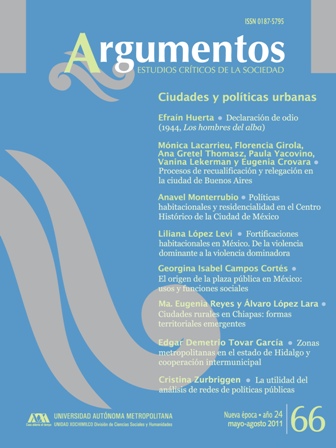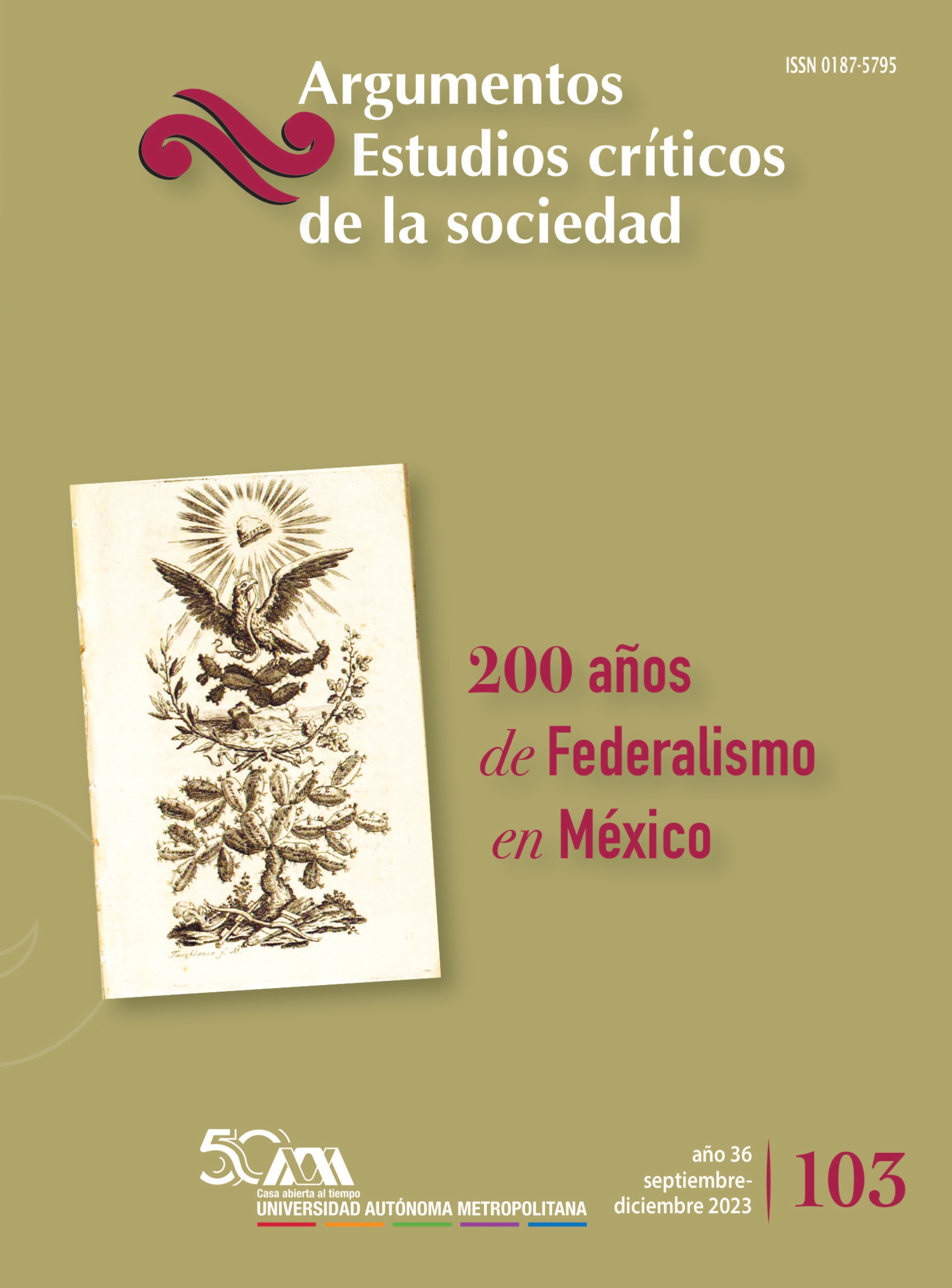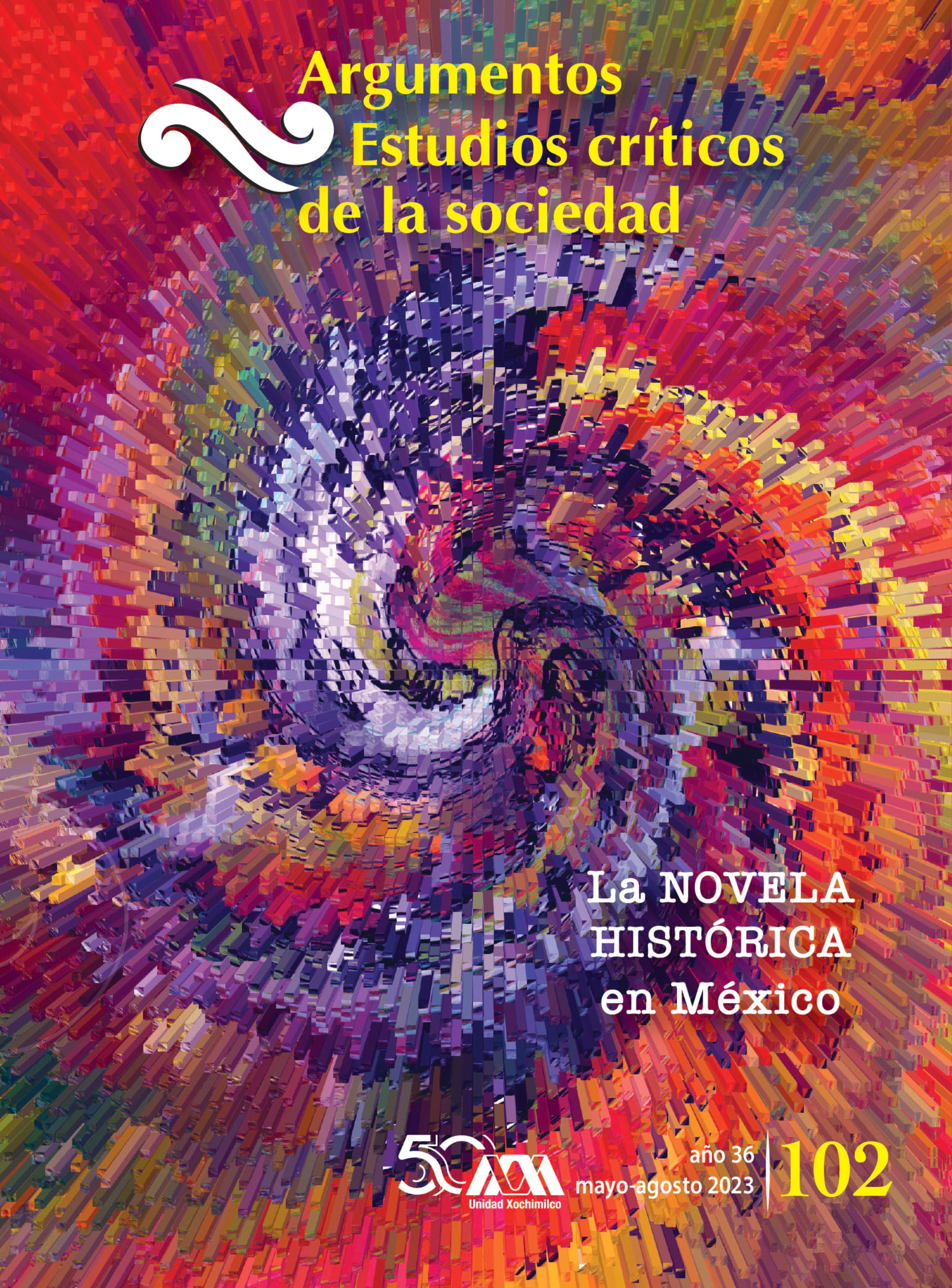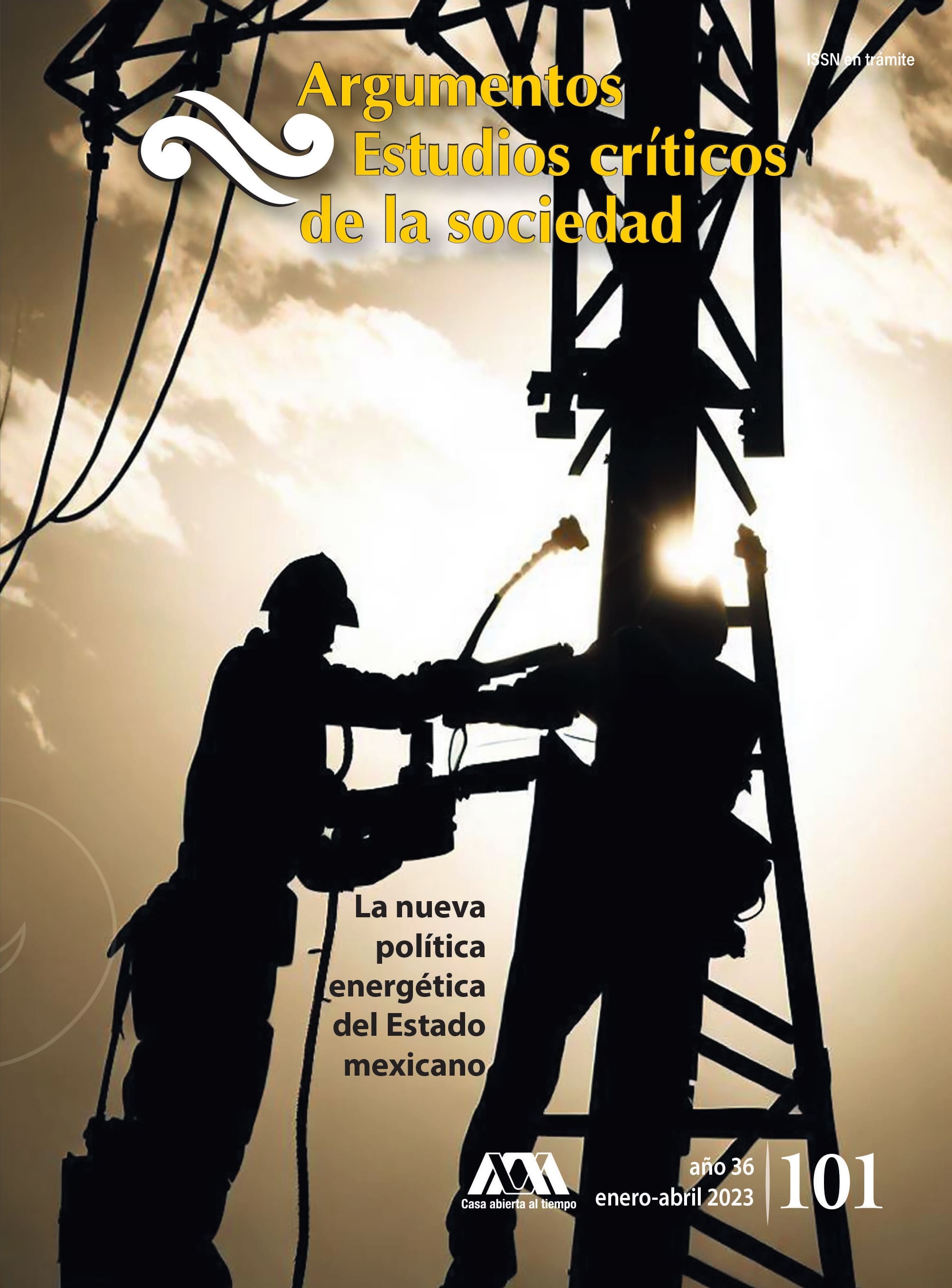Ciudades rurales en Chiapas
Formas territoriales emergentes
Keywords:
public policy, territory, relocation, planning, cities, ChiapasAbstract
The thrust of this work is to show how, through public policy, emerging forms of territorial reorganization in the State of Chiapas are being built, through the relocation of the population in “rural cities” to provide them with public services. From the point of view of program designers, the strategy adopted is optimal to counteract the effects of the territorial dispersion and population fragmentation on the provision of public goods. On our side, we try to show the design of this social policy responds to a “location allowance process” which intends to minimize the gap between the location of service centers and people’s access by applying a scheme of urban planning to create a “balanced and sustainable community”.








